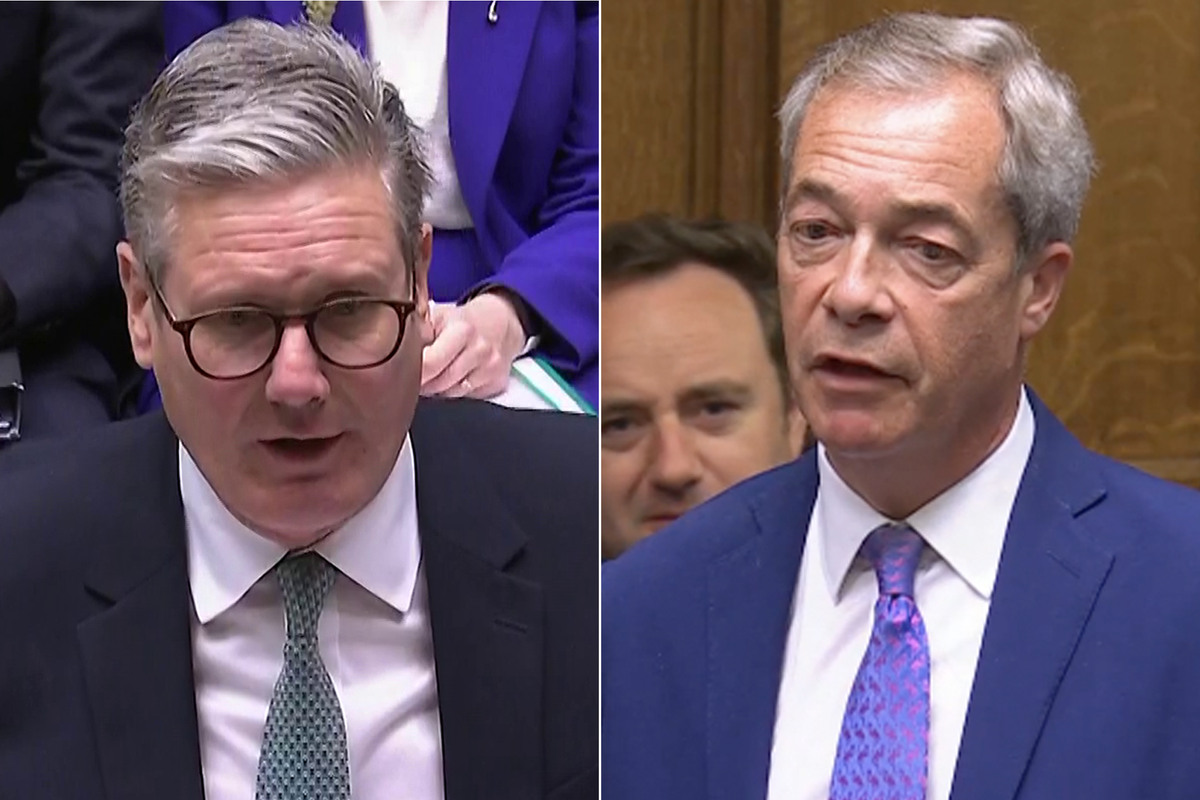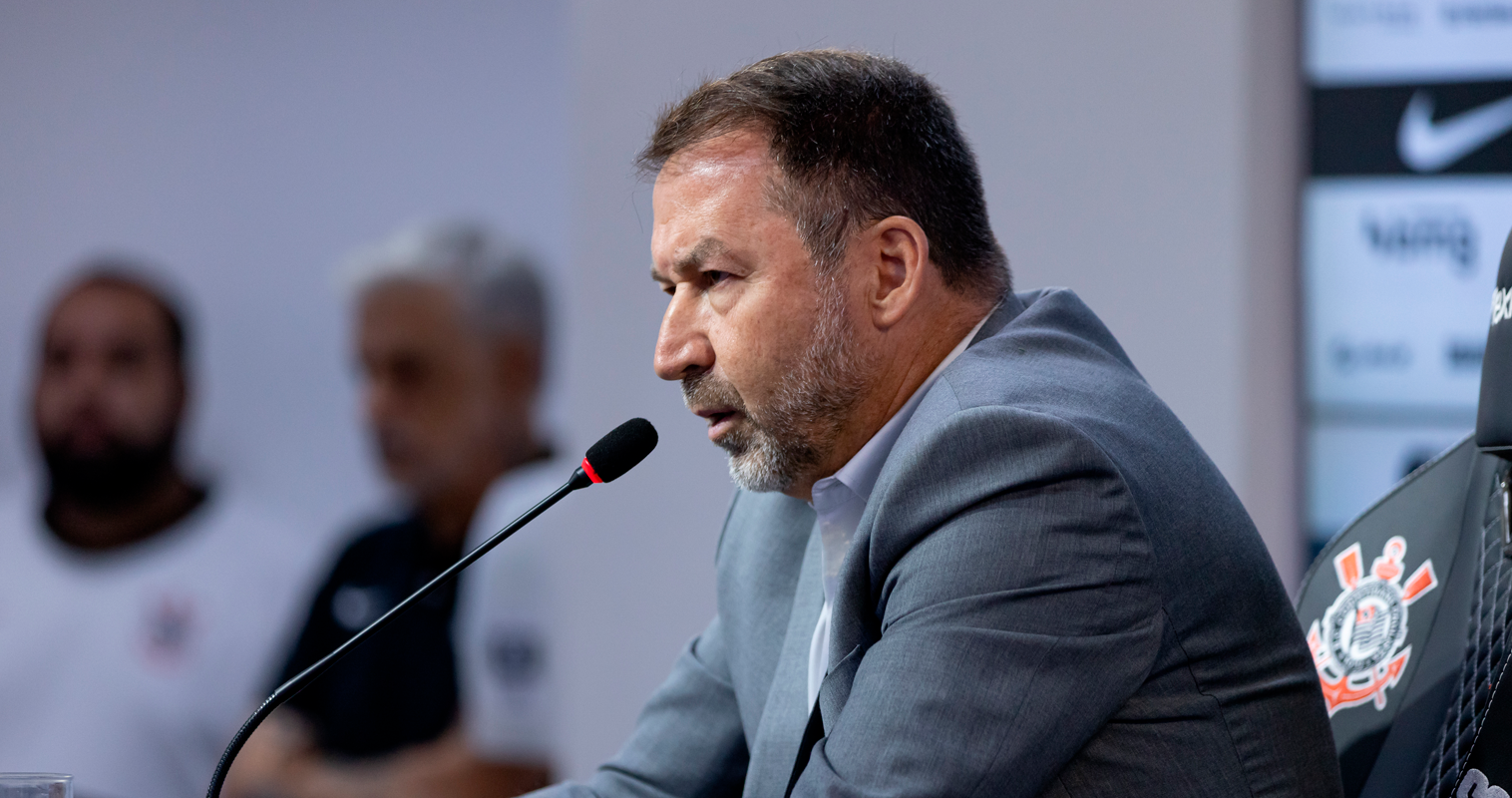The Starmer-Farage Immigration Showdown: A Shift Towards Stricter Controls

Table of Contents
Keir Starmer's Stance on Immigration
Balancing Control and Compassion:
Keir Starmer, leader of the Labour Party, attempts to navigate the complex terrain of immigration policy by advocating for a balance between stricter border security and humanitarian concerns. His approach aims to project an image of responsibility and pragmatism.
- Proposals: Starmer has proposed strengthening border controls, including improved technology and increased staffing.
- Illegal Immigration: He has adopted a tougher stance on illegal immigration, promising to crack down on those entering the country illegally.
- Asylum Seekers: While committed to protecting asylum seekers, Starmer also emphasizes the need for a more efficient and robust asylum system to prevent abuse.
This strategy employs keywords like "Labour immigration policy," "Starmer's immigration plan," "controlled immigration," and "legal immigration" to optimize search engine visibility.
Appealing to the Center Ground:
Starmer's calculated approach aims to win over both left-leaning voters who prioritize humanitarian concerns and centrist voters who demand stricter controls. This "center-ground" strategy involves subtle policy shifts and carefully worded public pronouncements.
- Policy Adjustments: He has shifted away from some of the more liberal immigration policies of previous Labour leaders.
- Public Statements: Starmer frequently emphasizes his commitment to fair and controlled immigration, a message aimed at appeasing centrist anxieties.
This strategic maneuvering leverages keywords such as "moderate immigration policy," "electoral strategy," and "political positioning" to improve online search rankings.
Nigel Farage's Hardline Approach
Zero Tolerance on Illegal Immigration:
Nigel Farage, a prominent figure in UKIP and a staunch critic of immigration, takes an uncompromising stance. His rhetoric centers on zero tolerance for illegal immigration and enhanced border security.
- Proposed Policies: Farage advocates for drastically reducing immigration levels, implementing stricter border controls, and potentially leaving international agreements that impact immigration.
- Targeting Illegal Immigrants: His public statements frequently target illegal immigrants, emphasizing the need for swift deportation and stronger penalties.
- Public Influence: Farage's populist appeal and significant media presence influence public discourse, shaping perceptions on immigration.
Relevant keywords integrated here include "Farage's immigration views," "anti-immigration stance," "border security," and "tougher immigration laws."
Exploiting Public Anxiety:
Farage skillfully leverages public anxieties surrounding immigration to bolster his political standing. His strategy involves using strong rhetoric and playing on fears related to crime, pressure on public services, and cultural identity.
- Public Statements: Farage frequently uses emotive language to highlight negative perceptions associated with immigration.
- Media Appearances: He actively engages with media outlets known for their anti-immigration viewpoints.
- Social Media: Farage utilizes social media effectively to spread his message and amplify public anxieties regarding immigration.
Keywords like "public opinion on immigration," "political manipulation," and "populist rhetoric" are strategically incorporated for improved SEO.
The Shifting Political Landscape
Public Opinion and Immigration:
Recent polling data reveals a complex picture of public opinion on immigration. While support for stricter controls is high, there's also a recognition of the economic contributions of immigrants and the humanitarian aspects of asylum.
- Stricter Controls: A significant portion of the public supports stricter immigration controls and enhanced border security.
- Shifting Opinions: Public opinion on immigration has shifted over time, influenced by economic factors and global events.
- Regional Variations: Public attitudes towards immigration vary considerably across different regions of the UK.
Keywords such as "UK immigration statistics," "public sentiment," "immigration debate," and "opinion polls" are used to enhance search engine optimization.
The Impact of Recent Events:
Recent events have significantly influenced the immigration debate. Economic challenges, the ongoing refugee crisis, and security concerns have all contributed to the heightened focus on immigration policy.
- Economic Impact: Concerns about the economic impact of immigration continue to fuel the debate.
- Refugee Crisis: The ongoing refugee crisis has brought the issue of asylum seekers to the forefront of public attention.
- Security Concerns: Security concerns related to terrorism and illegal immigration have also played a role in shaping public opinion.
The inclusion of keywords like "economic impact of immigration," "refugee crisis," and "political consequences" aims to improve the article's visibility in relevant online searches.
Conclusion: The Future of Immigration Policy in the UK
The Starmer-Farage Immigration Showdown underscores a growing consensus towards stricter immigration controls. While their approaches differ significantly, both acknowledge the need for stronger border security and more robust systems. Keir Starmer seeks a pragmatic balance between control and compassion, while Nigel Farage advocates for a much stricter, more restrictive approach. Their differing strategies highlight the complexities and the deep divisions surrounding the issue. The impact of this debate will be felt for years to come, profoundly shaping UK immigration policy.
Key takeaways from this showdown include the growing public concern regarding immigration levels, the significant impact of public opinion on policy formation, and the ongoing tension between stricter controls and humanitarian considerations.
To stay informed and engage further with this critical issue, research the specific proposals of both Keir Starmer and Nigel Farage regarding the Starmer-Farage Immigration Showdown. Form your own informed opinion by exploring reputable sources and participating in constructive discussions. Understanding the nuances of this debate is crucial for shaping the future of UK immigration policy.

Featured Posts
-
 Russell Westbrooks Historic Performance Nuggets Vs Warriors
May 05, 2025
Russell Westbrooks Historic Performance Nuggets Vs Warriors
May 05, 2025 -
 22 Years Later Final Destinations Scariest Kill Is Back
May 05, 2025
22 Years Later Final Destinations Scariest Kill Is Back
May 05, 2025 -
 Sandhagen Vs Figueiredo Ufc Fight Night Preview Analysis And Predictions
May 05, 2025
Sandhagen Vs Figueiredo Ufc Fight Night Preview Analysis And Predictions
May 05, 2025 -
 Parceria Encerrada Os Bastidores Da Saida De Fred Luz Do Corinthians
May 05, 2025
Parceria Encerrada Os Bastidores Da Saida De Fred Luz Do Corinthians
May 05, 2025 -
 Can The Oilers Rebound Against The Canadiens A Morning Coffee Analysis
May 05, 2025
Can The Oilers Rebound Against The Canadiens A Morning Coffee Analysis
May 05, 2025
